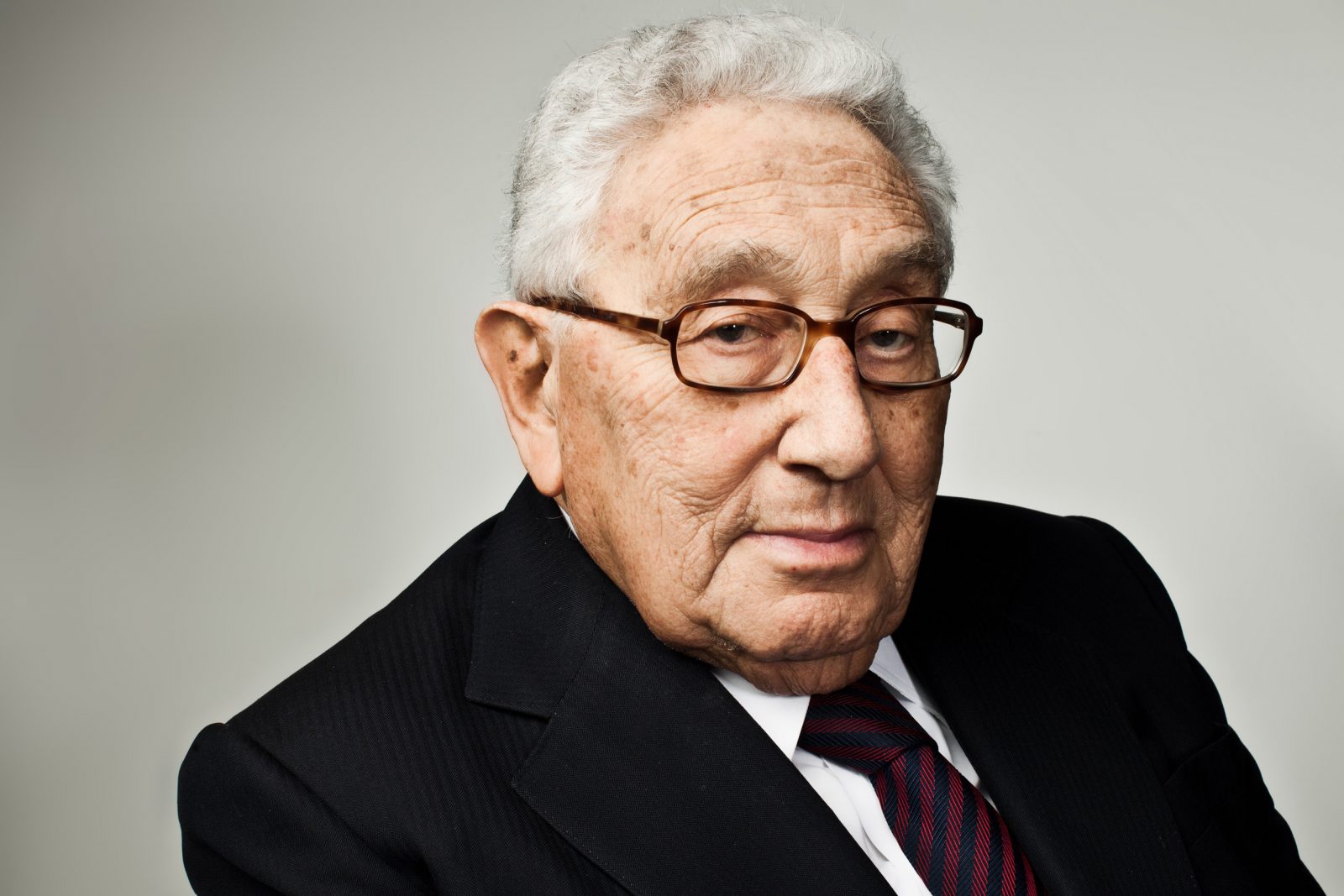Henry Kissinger is a renowned American diplomat, political scientist, geopolitical consultant, and politician who played a pivotal role in shaping U.S. foreign policy during the Cold War era. His influence on international relations is undeniable, and his legacy continues to be debated and analyzed.
Henry Kissinger, a towering figure in American foreign policy for over half a century, passed away on 29 November 2023, at the age of 100. His life was a remarkable one, marked by both brilliance and controversy. He served as National Security Advisor and Secretary of State under Presidents Richard Nixon and Gerald Ford, during which time he played a pivotal role in shaping American foreign policy during the Cold War. Kissinger’s legacy is complex and multifaceted, but there is no doubt that he was one of the most influential diplomats of the 20th century.
Early Life and Education
Born Heinz Alfred Kissinger in Fürth, Germany, on May 27, 1923, Kissinger’s childhood was marked by the rise of Nazi Germany. Fleeing anti-Semitism, his family immigrated to the United States in 1938. Kissinger served in the U.S. Army during World War II, earning a Bronze Star for his intelligence work.
After the war, Kissinger pursued higher education at Harvard University, where he received both his bachelor’s and doctoral degrees in government. He quickly established himself as a prominent scholar in international relations, eventually becoming a professor at Harvard.
Rise to Prominence
Kissinger’s expertise in foreign policy caught the attention of the U.S. government, and he began serving as a consultant to various government agencies during the 1950s and 1960s. His strategic thinking and diplomatic acumen impressed President Richard Nixon, who appointed Kissinger as National Security Advisor in 1969.
Key Foreign Policy Initiatives
Under Nixon and later President Gerald Ford, Kissinger played a central role in shaping U.S. foreign policy during a tumultuous period. His key initiatives included:
- Détente with the Soviet Union: Kissinger sought to ease tensions between the United States and the Soviet Union, a policy known as détente. This involved arms control negotiations, cultural exchanges, and summits between the two superpowers.
- Opening Relations with China: Kissinger engineered a historic opening of relations with the People’s Republic of China, which had been largely isolated from the West during the Cold War. This groundbreaking move helped reshape the global balance of power.
- Shuttle Diplomacy in the Middle East: In the aftermath of the 1973 Yom Kippur War, Kissinger embarked on a series of shuttle diplomacy missions between Israel and Arab countries, culminating in the Paris Peace Accords, which ended direct fighting between Israel and Egypt.
- Ending the Vietnam War: Kissinger played a crucial role in negotiating the Paris Peace Accords, which led to the withdrawal of U.S. troops from Vietnam and the end of American involvement in the war.
Legacy and Criticisms
Kissinger’s legacy remains a subject of debate and controversy. His supporters laud his diplomatic achievements, his efforts to avert nuclear war, and his contributions to U.S. national security. Critics, on the other hand, question his methods, accusing him of realpolitik, which they argue prioritized stability and power over human rights and democracy.
Conclusion
Henry Kissinger’s impact on global affairs is undeniable. His strategic thinking, diplomatic skills, and influence on U.S. foreign policy during the Cold War era left an indelible mark on world history. While his legacy is complex and contested, his contributions to international relations continue to be studied and debated.
















Leave a Reply